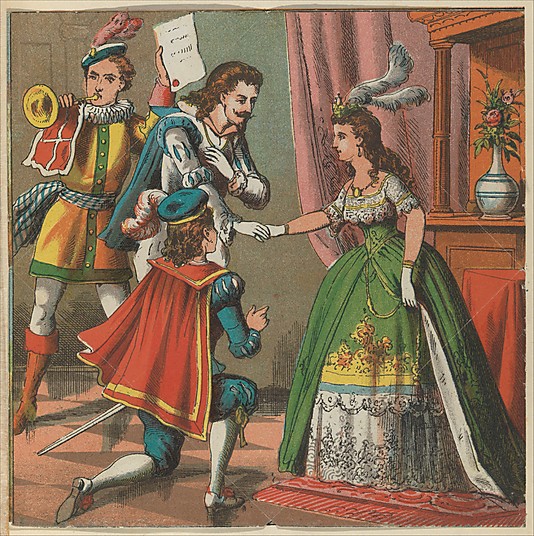I'm not talking here about explicit meaning clearly expressed or leaving nothing to the imagination: I'm talking about the absolute end.
Last week I wrote about incipits, which are the formal words a Mediaeval scribe quite often used to start a new manuscript. We don't bother with marking the beginning of a book with a particular phrase these days, but we do still like to do the sort-of-opposite.
The sort-of-opposite is called an explicit, a word that's come about mostly because it looks as if it should be the sort-of-opposite of incipit.
Mediaeval scribes would write the word explicit at the end of their manuscripts, but nowadays we'll write THE END, probably in capital letters, or perhaps ENDS if it's a manuscript going off to a publisher. The capital letters are a simple expression of joy, triumph and relief: the sort of flourish as one makes as one places the last piece into a jigsaw, or the last stitch into a quilt.
And, do you know what, here's another one:

And they all lived happily ever after.
Word To Consider Today: explicit. This word is probably short for explicitus est liber, which means the book is unfolded or complete. The shortened form probably arrived because it looks a bit like incipit.
No comments:
Post a Comment
All comments are very welcome, but please make them suitable for The Word Den's family audience.